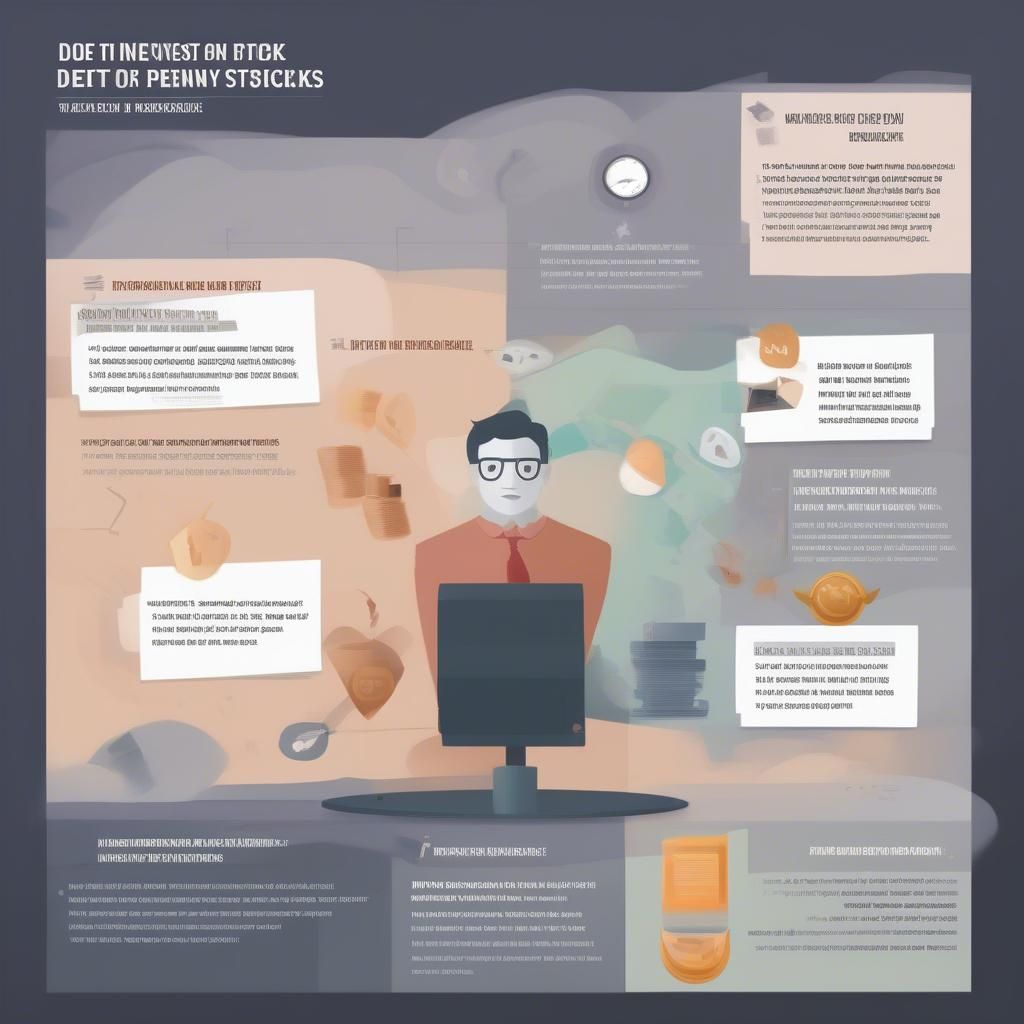Debt can feel like a heavy weight, holding you back from achieving your financial goals. If you’re struggling to make ends meet and drowning in bills, it’s time to consider professional help. Choosing the Best Company For Debt Relief can make all the difference in your journey to financial freedom.
But with countless options available, how do you know which one is right for you? This guide will walk you through the essential factors to consider when selecting a debt relief company, empowering you to make an informed decision and regain control of your finances.
Understanding Debt Relief: A Solution, Not a Quick Fix
Debt relief refers to strategies and programs designed to help individuals reduce or eliminate their outstanding debt. It’s important to note that debt relief is not a magic bullet that will instantly erase your debt. It requires commitment, careful planning, and choosing a reputable company to guide you through the process.
Types of Debt Relief Programs: Exploring Your Options
There are various types of debt relief programs, each with its advantages and disadvantages. Let’s take a closer look at some of the most common options:
- Debt Consolidation: This involves combining multiple debts into a single loan with a potentially lower interest rate, making monthly payments more manageable.
- Debt Settlement: Involves negotiating with creditors to reduce the total amount of debt owed. This option can significantly reduce your debt, but it can also negatively impact your credit score.
- Debt Management Plan: A credit counseling agency creates a plan for you to repay your debts over a set period, typically 3-5 years, often with lower interest rates and monthly payments.
- Bankruptcy: This is a legal process that can eliminate most or all of your debt but has severe consequences for your credit history.
Key Factors to Consider When Choosing a Debt Relief Company
Finding the best company for debt relief requires careful consideration of several key factors:
- Accreditation and Reputation: Look for companies accredited by reputable organizations like the National Foundation for Credit Counseling (NFCC) or the Financial Counseling Association of America (FCAA). Check online reviews and ratings from trusted sources to gauge the company’s reputation.
- Fee Structure: Transparency is crucial. Understand the company’s fees upfront, including any initial consultation fees, monthly fees, and potential contingency fees based on the amount of debt settled.
- Experience and Expertise: Choose a company with a proven track record of successfully helping clients in similar situations to yours. Inquire about their experience with specific types of debt and their negotiation skills.
- Personalized Solutions: Every debt situation is unique. Ensure the company offers personalized solutions tailored to your specific needs and financial circumstances.
- Customer Support: Throughout the debt relief process, you’ll want clear communication and responsive customer support from your chosen company.
Red Flags to Watch Out For: Protecting Yourself From Scams
Unfortunately, the debt relief industry has its share of unscrupulous companies looking to exploit vulnerable individuals. Be wary of any company that:
- Promises to erase your debt quickly and easily: Debt relief takes time and effort. Be skeptical of companies making unrealistic promises.
- Pressures you to sign up immediately: A reputable company will give you time to review the terms and conditions thoroughly and ask questions.
- Asks for upfront fees before providing services: Most legitimate debt relief companies charge fees after settling your debts or providing services.
- Guarantees specific results: No company can guarantee outcomes, especially when dealing with creditors.
Frequently Asked Questions: Addressing Your Concerns
Q: How much does debt relief cost?
A: The cost of debt relief varies widely depending on the type of program, the amount of debt you have, and the company you choose. Some companies charge a percentage of the debt settled, while others have fixed monthly fees.
Q: How will debt relief affect my credit score?
A: Debt relief can negatively impact your credit score, especially if it involves settling accounts for less than the full amount owed. However, the impact can vary depending on your individual credit history and the specific debt relief strategy used.
Q: Is debt consolidation the same as debt relief?
A: While debt consolidation can be a form of debt relief, it’s not the same as other strategies like debt settlement or debt management. Debt consolidation involves combining multiple debts into a single, more manageable loan, while other debt relief methods focus on reducing the total amount owed.
Seeking Professional Advice: Making the Right Decision for Your Future
Navigating the complexities of debt relief can be challenging, and seeking professional advice from a qualified financial advisor is always recommended. A financial advisor can help you assess your individual situation, explore your options, and create a personalized debt relief plan tailored to your specific needs. They can also provide valuable insights on managing your finances, budgeting, and improving your credit score in the long run.
Take Control of Your Finances: Your Journey Starts Today
Remember, taking the first step towards debt relief is a significant achievement in itself. By researching your options, choosing a reputable company, and seeking professional guidance when needed, you can pave the way for a brighter financial future. Remember, you’re not alone in this journey, and there are resources available to help you every step of the way.



